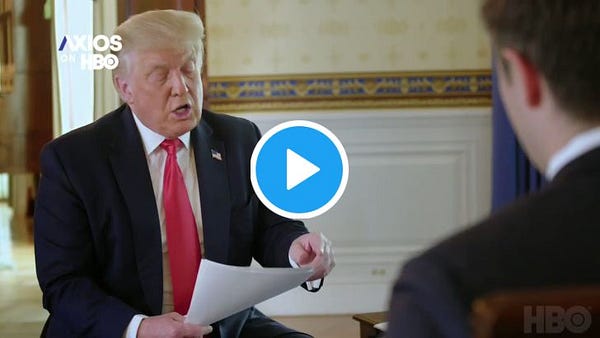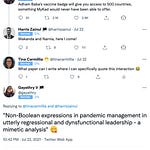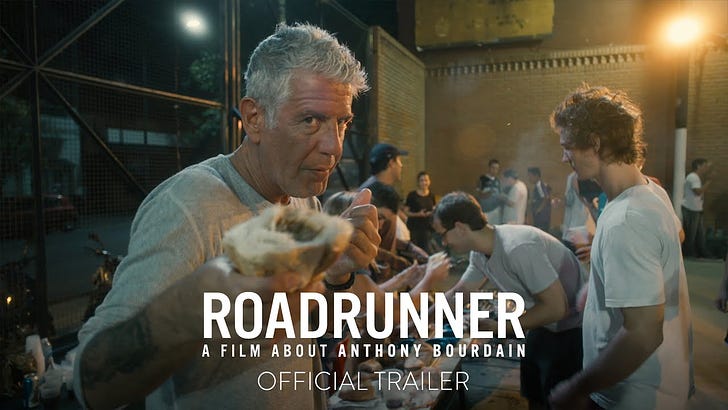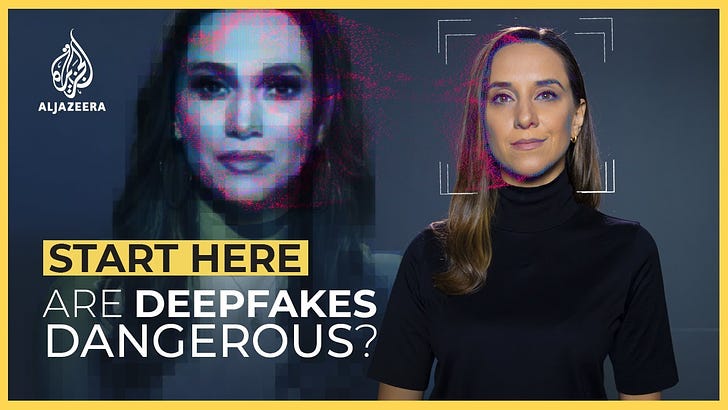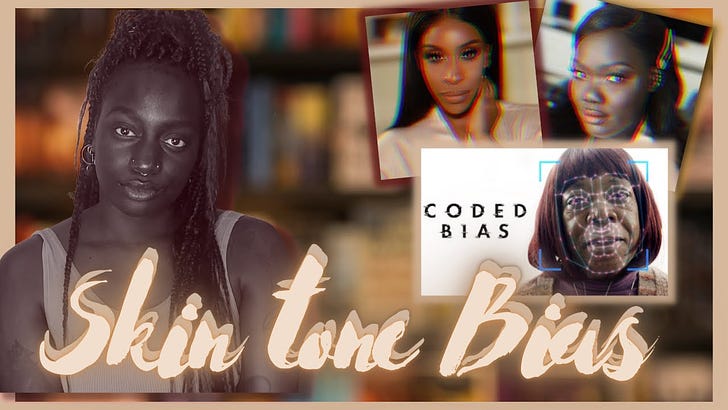Oh, sheet! The tok is ticking!
Jon Fingas for Endgadget: Scientists rename genes because Microsoft Excel reads them as dates. A guideline has been issued “for naming human genes to prevent Excel’s automatic date formatting from altering data. MARCH1, for example, should now be labelled MARCHF1 to stop Excel from changing it to 1-Mar.”
Cindy Yu for OneZero: Social movements are pushing Google Sheets to the breaking point. Google Sheets are used to organise social movements. But when these resources go viral, high traffic renders the spreadsheets unresponsive.
Gilad Edelman for Wired: Can killing cookies save journalism? Dutch public broadcaster NPO “found that ads served to users who opted out of cookies were bringing in as much or more money as ads served to users who opted in.” Ha!
Burning bridges, building walls
The dream behind the Web is of a common information space in which we communicate by sharing information.
— Tim Berners-Lee, inventor of the World Wide Web.
China has the Great Wall, and Donald Trump wants his own (Fire)Wall even as the US-Mexico border wall is nowhere near completion.
In the next phase of the US-China tech cold war, Trump signed an executive order to ban US transactions with ByteDance’s TikTok and the world’s most used messaging app Tencent’s WeChat. Both have until September 20 to reach a deal with any American purchasers or face a total ban on “any transaction” in the US.
Earlier, the president used the threat to ban TikTok to help a tech giant become even bigger – all while Congress is trying to break up Big Tech. And he wants to get a cut of Microsoft’s potential purchase. Microsoft expressed interest in parts of the company, specifically its operations in the US, Canada, Australia and New Zealand, although FT reported that it is now interested in acquiring its entire global business. This could make it Microsoft’s third major purchase in recent years, after Linkedin and Minecraft.
The US’ authoritarian handling of Chinese-linked apps is ironic, to say the least. US Secretary of State Mike Pompeo wants a “clean” Internet. Translation? No Chinese influence, no Chinese companies on the American Internet.
If data is the new oil, then the Internet space is the ground for new nationalism – digital nationalism or techno-nationalism.
What I read, watch and listen to…
I’m reading Nathan J. Robinson’s long-form on Current Affairs, The truth is paywalled but the lies are free.
For International Day of the World’s Indigenous Peoples, I recommend this article on The Myth of Indigenous Community Resilience by SL Wong. This year’s theme is COVID-19 and indigenous peoples’ resilience.
I’m watching Kirby Ferguson’s documentary about the pro-Trump conspiracy group QAnon. Ferguson is a Canadian filmmaker whose work primarily covers pop culture and technology; you might know him from is 2018 documentary, This is Not a Conspiracy Theory.
I’m also watching Jonathan Swan’s interview with Donald Trump for Axios. Someone loves charts more than me, hm? But Swan is not having it. His frowning face, his impatient foot shake… Swan is an avatar of (almost) all of us.
Chart of the week
Julia Janks did a mock-up of “every graph ever from now on.” Is it time to retire this segment, then? (Spoiler for next week: No, it’s not.)
Fakta, Auta & Data #5: Pengesahan dan Pemeriksaan Fakta – Perbezaan
Pengesahan (verification) dan pemeriksaan fakta (fact-checking) sering digunakan secara bergantian. Sebenarnya, kedua-dua istilah ini tidak sama dan tidak harus ditukar ganti sewenang-wenangnya.
Dalam bidang kewartawanan, pengesahan adalah salah satu teknik untuk mendapatkan fakta, dan memastikan bahawa fakta itu betul dan tepat. Proses pengesahan seharusnya dibuat sebelum fakta itu disiarkan. Sekiranya didapati tidak betul, ia tidak seharusnya diterbitkan, atau diterbitkan untuk dibongkarkan kepalsuannya. Ia biasanya digunakan untuk kandungan yang dihasilkan pengguna atau ‘user-generated content’ (UGC). Ini termasuklah mendapatkan sumber asal dan bukti utama, seperti saksi dan pengeluar kandungan asal, penggunaan data geolokasi, dan carian imej berbalik. Proses pengesahan adalah amalan asas dalam kewartawanan yang membolehkan pemeriksaan fakta.
Pemeriksaan fakta adalah aplikasi proses pengesahan yang lebih khusus. Ia digunakan untuk kenyataan yang berkaitan dengan kepentingan awam, terutamanya apabila dikeluarkan oleh ahli politik atau akademik. Kaedah pemeriksaan fakta termasuklah mencari sumber asal petikan maklumat itu. Contohnya apabila seseorang mendakwa bahawa bumi rata, apakah kajian yang membuktikan kenyataan itu? Proses pemeriksaan fakta juga merangkumi sumber-sumber lain yang tidak mempunyai konflik kepentingan dengan pengeluar kenyataan, seperti pakar yang relevan dalam isu tersebut yang juga lulus pemeriksaan latar belakang, serta statistik rasmi dan kajian saintifik yang kaedah pengumpulan datanya cukup teliti dan dipercayai. Biasanya, proses pemeriksaan fakta dibuat semasa atau selepas siaran kenyataan, kerana kenyataan itu biasanya dibuat semasa sidang media atau sesi temu ramah.
Kedua-duanya adalah kaedah editorial yang digunakan dalam kewartawanan. Di sebilangan bilik berita, wartawan yang pakar dalam pemeriksaan fakta dan verifikasi digelar pemeriksa fakta. Di Malaysia, berapa banyakkah bilik berita yang mempunyai pengkhususan ini?




